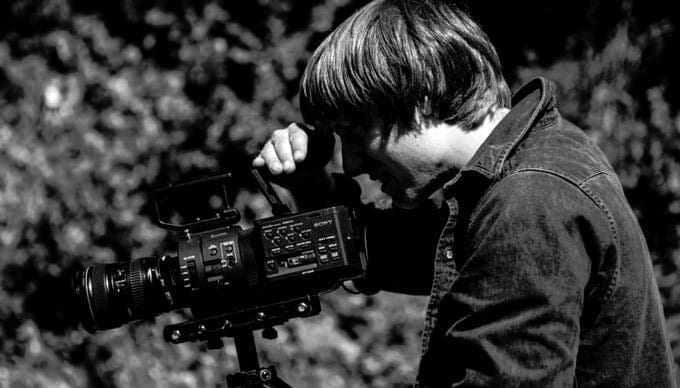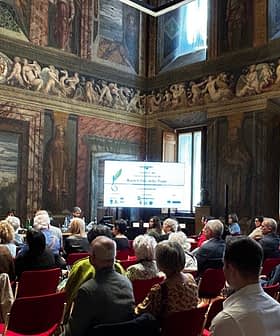Harvest at a Tuscan Oliveto
For the past four years my father has been traveling to Italy to spend a week picking olives in the Tuscan hilltops at an oliveto run by a childhood friend of his. Each year he would elusively go away for a week and return with huge tins of the best tasting olive oil I have ever witnessed. After he explained the process of how his friend’s orchard made the oil, I quickly realized it was a very different process to more commercial methods of production.
The fact the orchard is non-profit and independent really struck a chord with me. I live in a small seaside town a stone’s throw from London and growing up here I vividly remember the main row of shops all being independent. Gradually over the years global coffee shops and supermarkets have started to take over and many of the independent shops started to close down. The importance of independently run businesses in a small town like the one I live in is key to the community. As you can probably tell, independent production is something I believe in, and with this in mind I thought a mini-documentary on an independent olive orchard would make a great film.
After pitching the idea to my father’s friend Ross, who owns the orchard, he kindly agreed to let me come and stay for a week to make the film. I actually only spent a couple of days shooting the project and spent the rest of the week up an olive tree with the others to earn my keep.
One day I decided to go for a walk in the Tuscan mountains and during the course I must have walked past at least ten other olive orchards. With it being the picking season and with a good break in the weather everyone was out harvesting their olive crops. It was interesting to see the methods the other orchards were using. I didn’t see any of these other farmers picking the olives by hand, instead they were using large machines with belts attached to shake the trees so the olives dropped into a net. Picking olives by hand seemed like a more sustainable way of harvesting the trees.
What really stuck out to me though, was that using these machines was a very lonely process. It only took one person to run. However, whilst shooting the film I really got a sense of friendship and community between the handful of pickers who worked on Ross’s orchard and this ended up being a large part of the film I made. Every time I ran back up the garden to the house to get my camera batteries on charge, all I could hear was laughter coming from the treetops of the olive trees, and you could just tell how much fun these guys were having and that it was more of a therapeutic process than work for them. Most of the pickers weren’t even working for money, they were actually working for a share of the olive oil which is testament to how nice Ross’s oil is.
Prior to arriving in Tuscany, Ross had told me about the ritual they have when they taste the new batch of olive oil for the first time. I really contemplated capturing this process for the film but when we returned from the frantoio with the cans of olive oil, I really felt it wasn’t a moment that I wanted to experience myself. The olive oil, as expected, was absolutely wonderful. It had a very distinct and rich flavor, that I’m sure tasted even better knowing I had picked some of the olives myself.
The film was was my own personal project and a chance to capture a charming story in a beautiful natural surrounding. As a film maker you couldn’t possibly ask for anything more than this. On returning to the UK I felt very refreshed to know independent production was still something people cared a lot about and the whole trip was a reminder that a quality product that is less profitable can be far more important than making the most money possible.

To see more of Paul’s work, visit his website.







